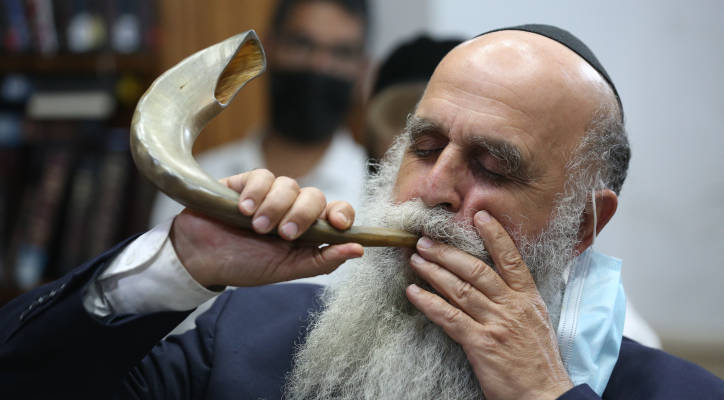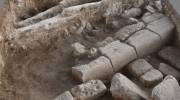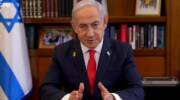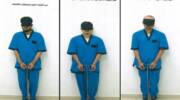With traditional prayer services cut back due to COVID-19, a new prayer book addresses the problem of shortened Rosh Hashana and Yom Kippur Services.
By Yakir Benzion, United With Israel
An Israeli organization that runs several modern orthodox yeshivas and schools has responded to the coronavirus pandemic by creating a new abridged High Holiday prayer book.
The Ohr Torah Stone (OTS) network of educators and community leaders says they realized that just like the closures that affected Passover earlier this year, the High Holidays of Rosh Hashana and Yom Kippur will need to be different than before.
“As communities around the world prepare for High Holidays that will be defined by social distancing and in many cases limited prayer services … [the] customized prayer books [are] intended to respond to those challenges,” the organization said.
The special prayerbooks, known in Hebrew as “machzorim,” will be available on September 3rd for free downloading on the OTS website.
However, the authors note that the prayer books are for use this year only because ”the texts have been condensed to focus specifically on the halakhic [Jewish legal], spiritual and liturgical priorities of the prayer service” for those who can get to a synagogue where health regulations permit group prayer.
“This year we have been challenged by a reality to ensure everyone’s safety under COVID-19, together with the hope of a meaningful, significant halakhic holiday service,” said OTS head Rabbi Dr. Kenneth Brander.
“The understanding is that many people, particularly within the elderly and high-risk populations, will want to come to synagogue but will also need to limit the time and exposure they are in the company of others,” said Rabbi Yehoshua Grunstein. “Communities must adhere to local health regulations and limits on the number of congregants, how much time people may spend in close proximity, the discomforts of wearing a mask for long periods of time or sitting outside in extreme temperatures.”
Rabbi Grunstein stressed that the goal of the editors was to develop prayer books that shortened the overall service yet didn’t compromise on the core laws, traditions and themes of the day.
Israeli Health Regulations for Holy Days
In Israel the government announced Monday that it had set health regulations for the upcoming holy days.
Synagogues can hold outdoor prayers for up to 250 people, provided that they are divided into capsules of not more than 20 people each. Each capsule has to be clearly marked with everybody sitting at least two meters apart unless they are from the same nuclear family.
Indoor prayers can be held so long as the room is at least 40-square-meters large with those inside being able to stay two meters apart.
Bigger facilities that can hold up to 1,000 people may offer services so long as there is not more than one person per four square meters.
Elsewhere around the world,the rules for this year’s High Holidays vary depending on the locale and the health regulations in force.
In some communities, like Toronto, group prayer is restricted and community leaders are organizing several dozen locations around the city where worshipers can go hear the shofar, the ritual ram’s horn, being sounded outdoors in open areas in order to fulfill the biblical precept of hearing the shofar blasts.
“With our community back in COVID restrictions for an unknown period of time, these prayer books and the educational resource they represent are most welcome and greatly appreciated,” said Rabbi Ariel Tal of the Wellington Community Jewish Center in New Zealand.
Jewish Law: Prioritizing Health
“Throughout Jewish history and tradition, the prayer service of the high holidays has been defined by a desire to connect between the Jewish people and God,” he said. “But when circumstance makes this challenging, like in times of pandemic or in certain protocols adopted for our IDF soldiers, Jewish law demands from us to condense the service so as to prioritize health and safety while focusing on the core themes of the prayer service,” Rabbi Brander said.

HELP ISRAELIS BATTLE CORONA!
Donate to the Corona Emergency Relief Fund. Coronavirus has taken a huge toll on the people of Israel. The poor, elderly and ill are most vulnerable.
Israeli soldiers, security officers and medical care providers operate under great danger and risk to life.
Over 1 million Israelis are out of work. Many cannot make ends meet. We provide financial aid, food, medical supplies and more. Funds are distributed where needed most. The time to act is now!
United with Israel extends a special note of appreciation to the Genesis Prize for their generous support.
Do You Love Israel? Make a Donation - Show Your Support!
Donate to vital charities that help protect Israeli citizens and inspire millions around the world to support Israel too!
Now more than ever, Israel needs your help to fight and win the war -- including on the battlefield of public opinion.
Antisemitism, anti-Israel bias and boycotts are out of control. Israel's enemies are inciting terror and violence against innocent Israelis and Jews around the world. Help us fight back!























